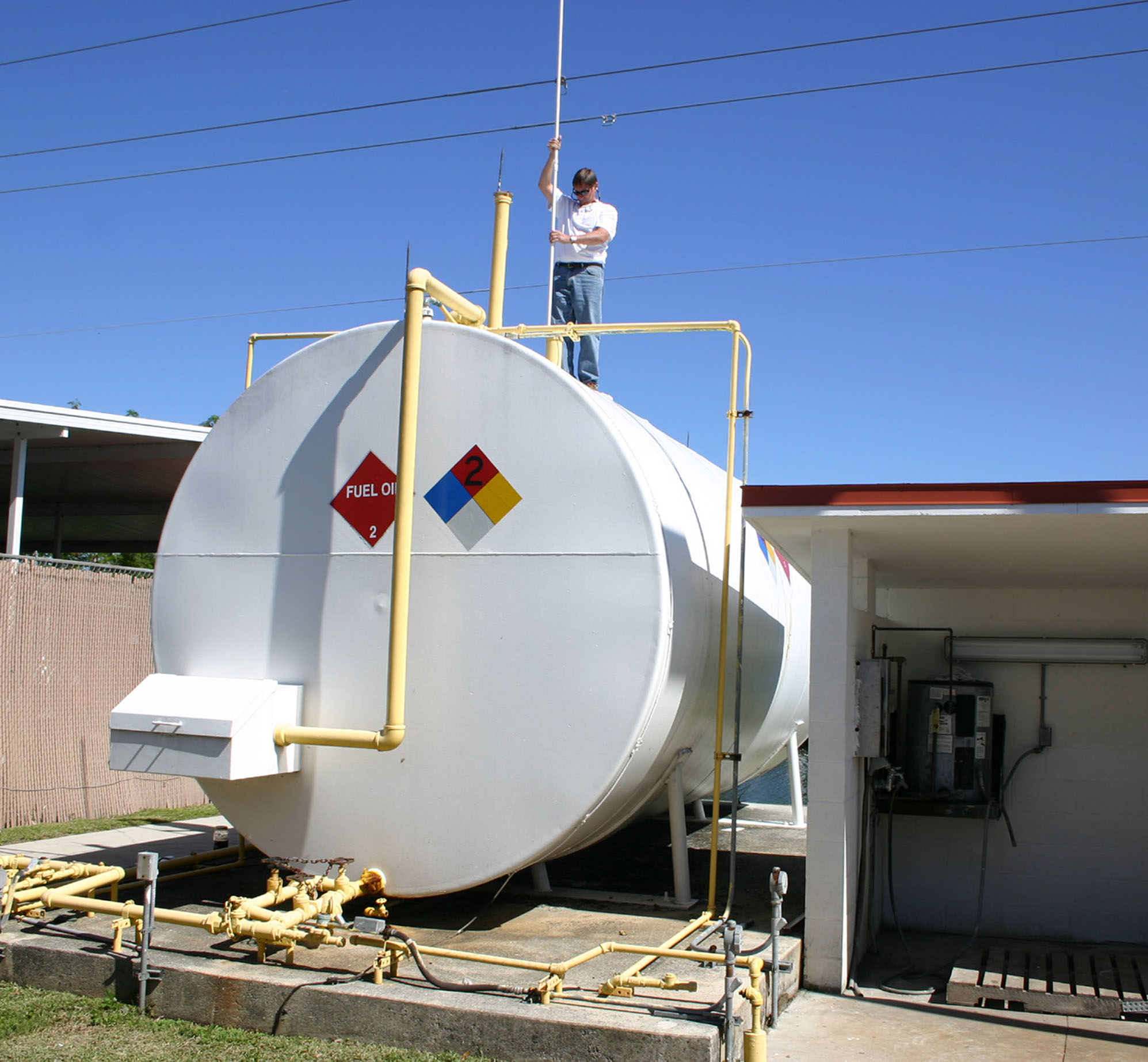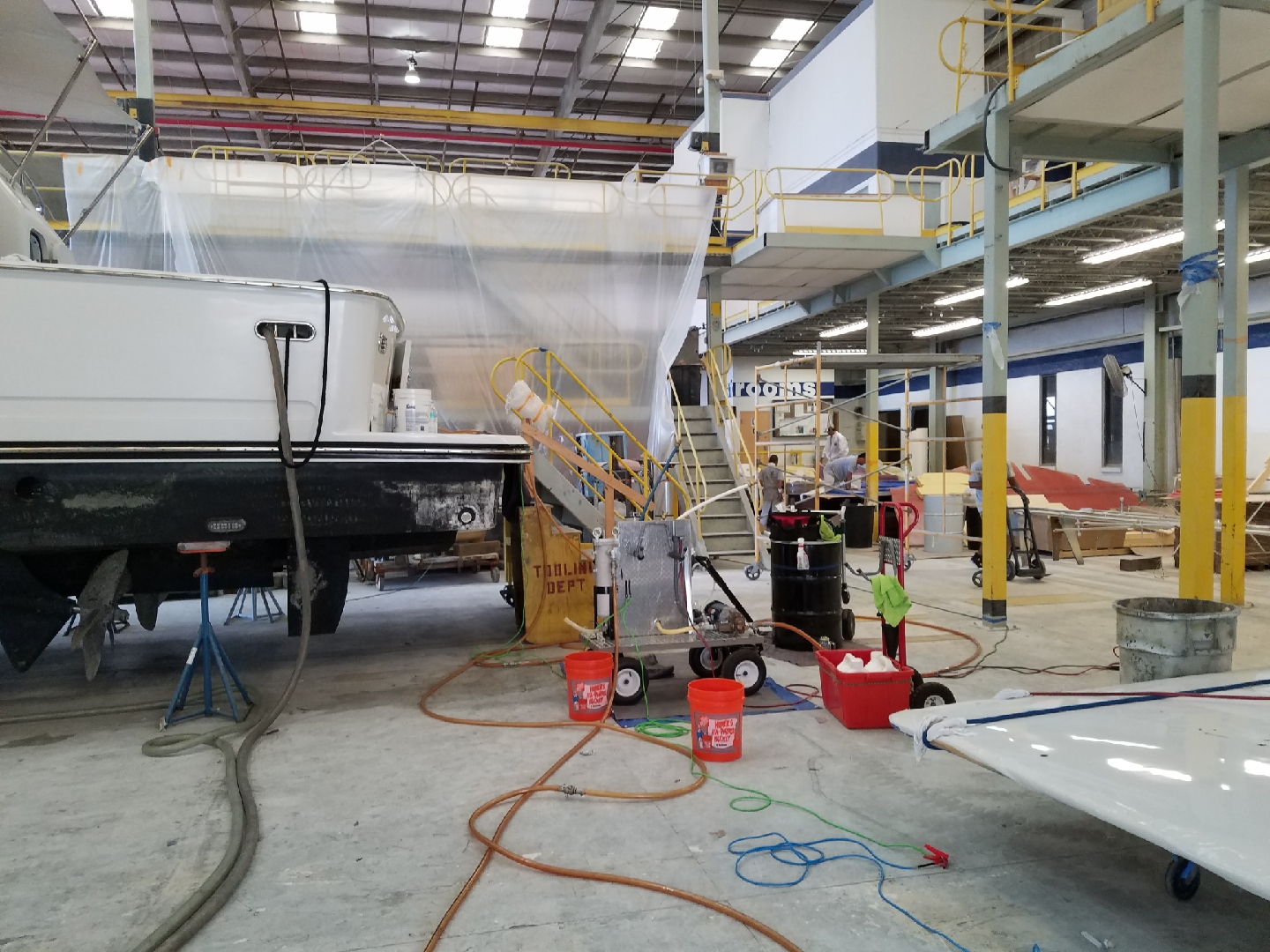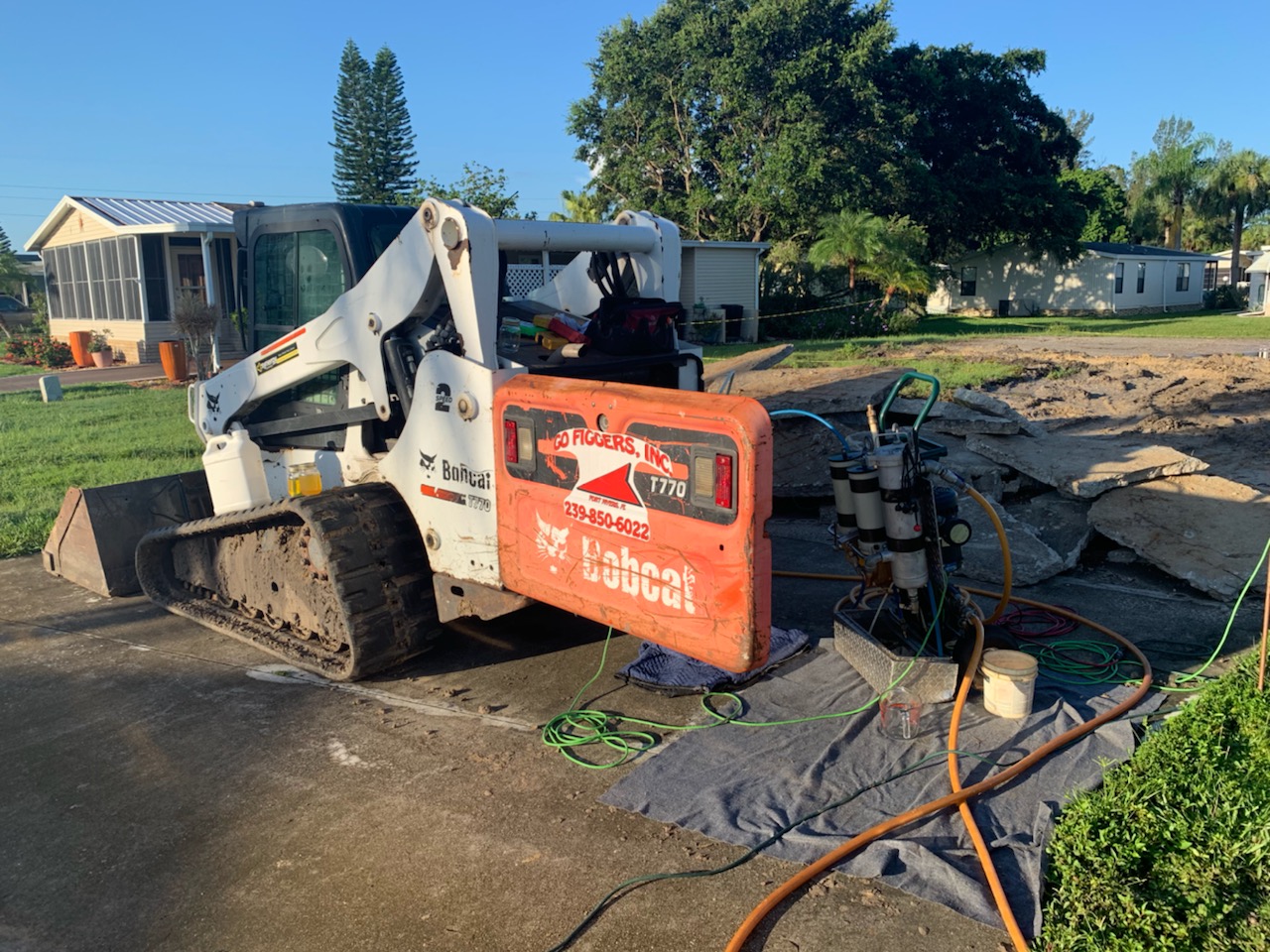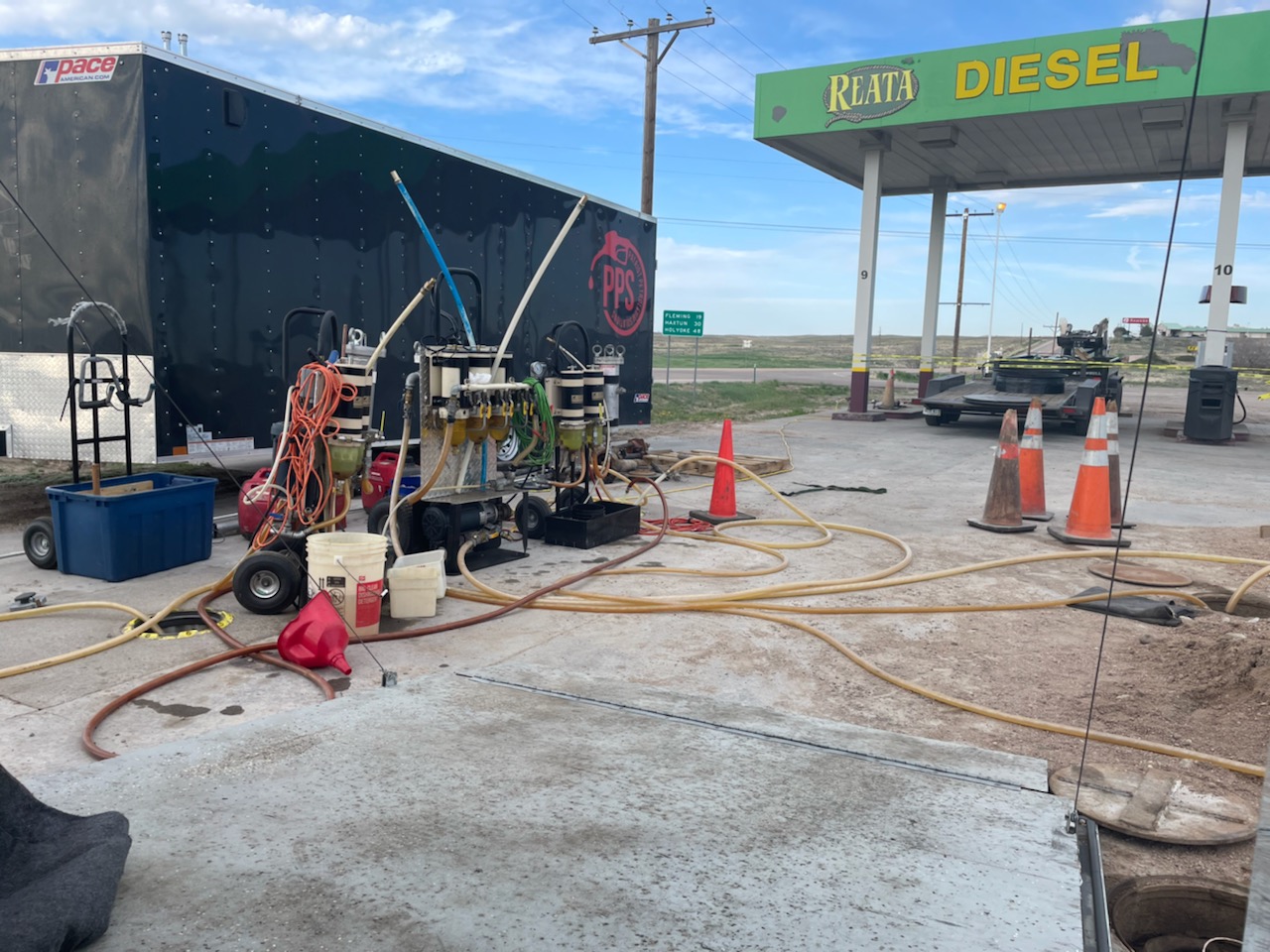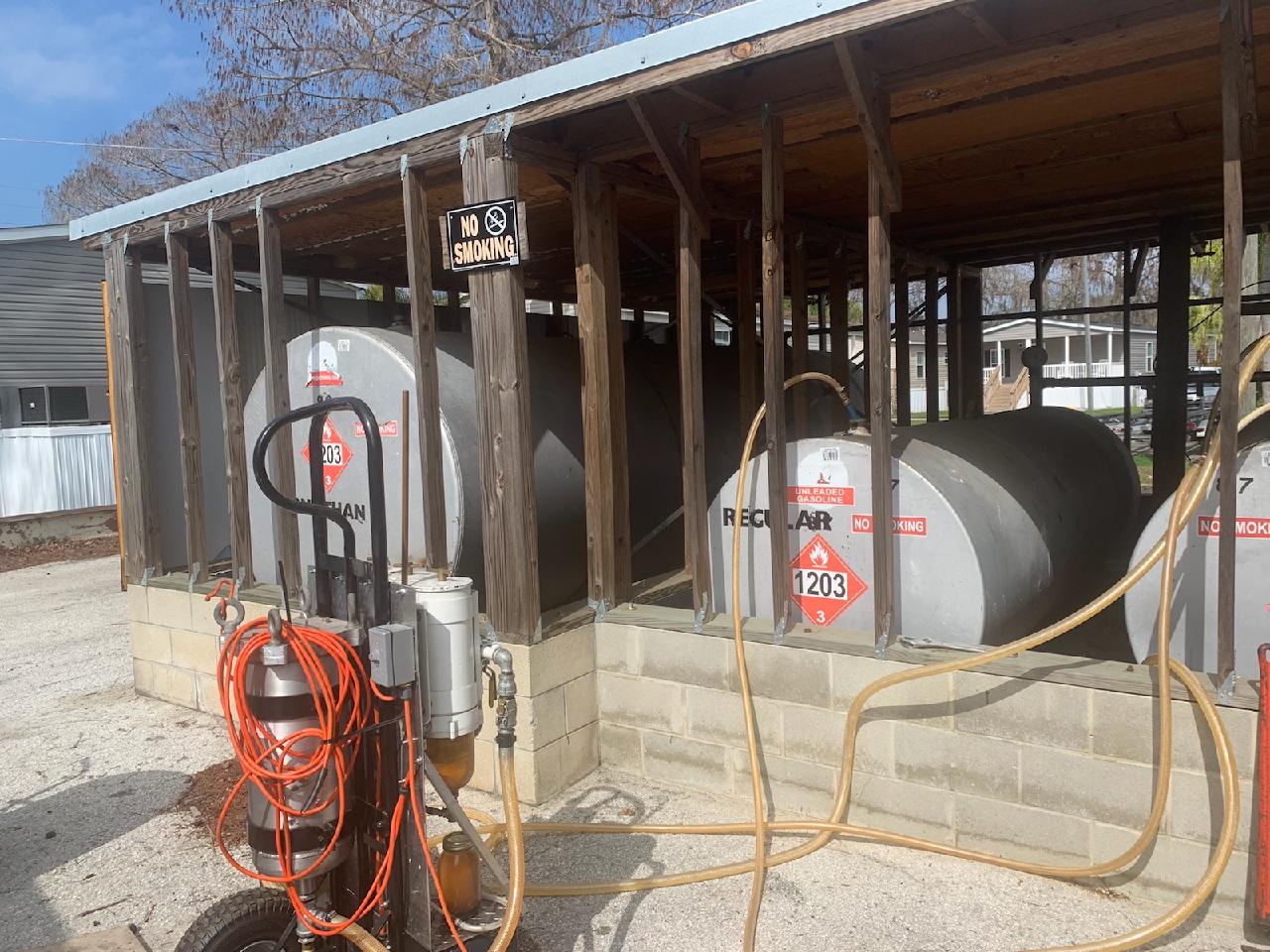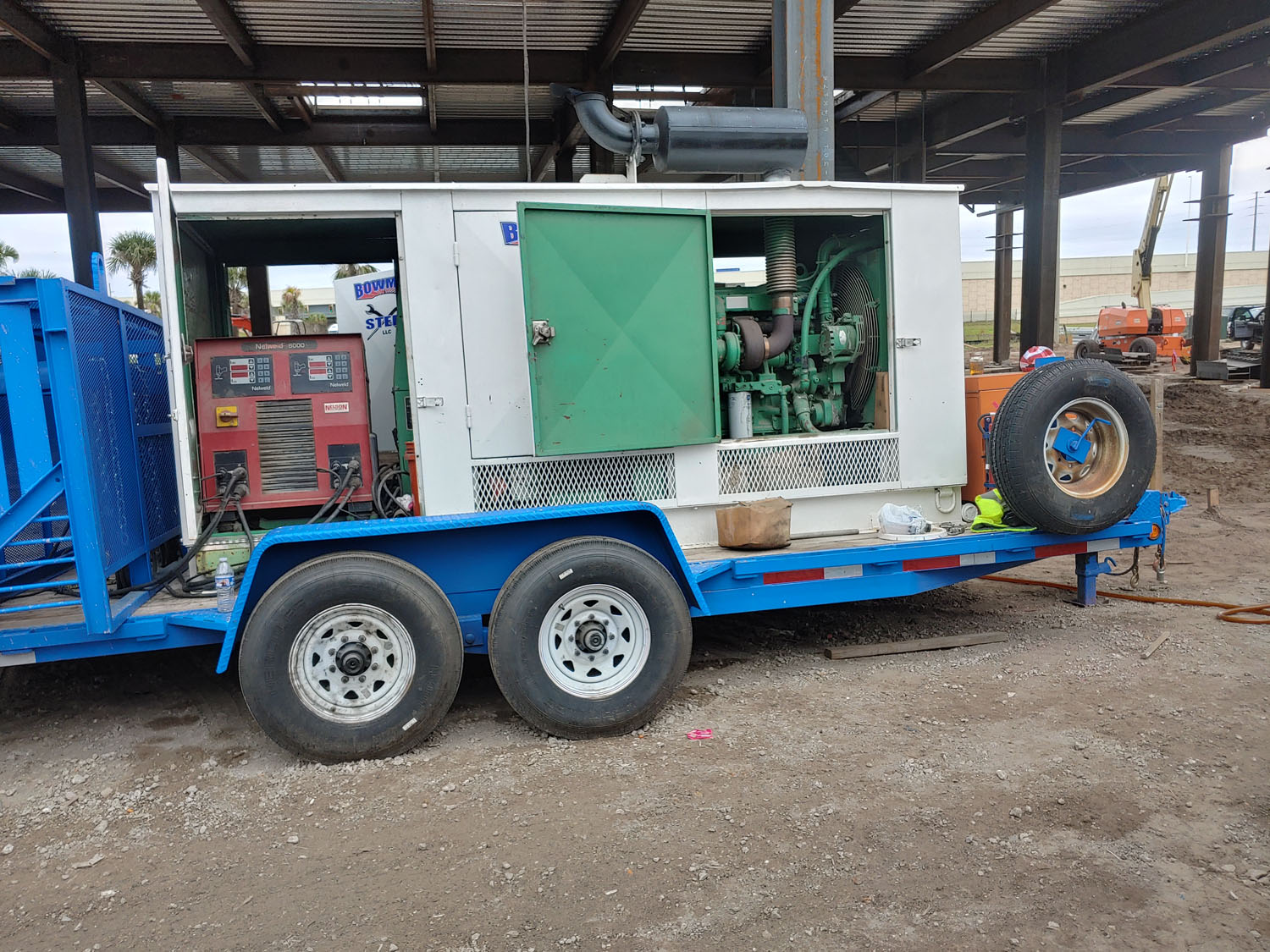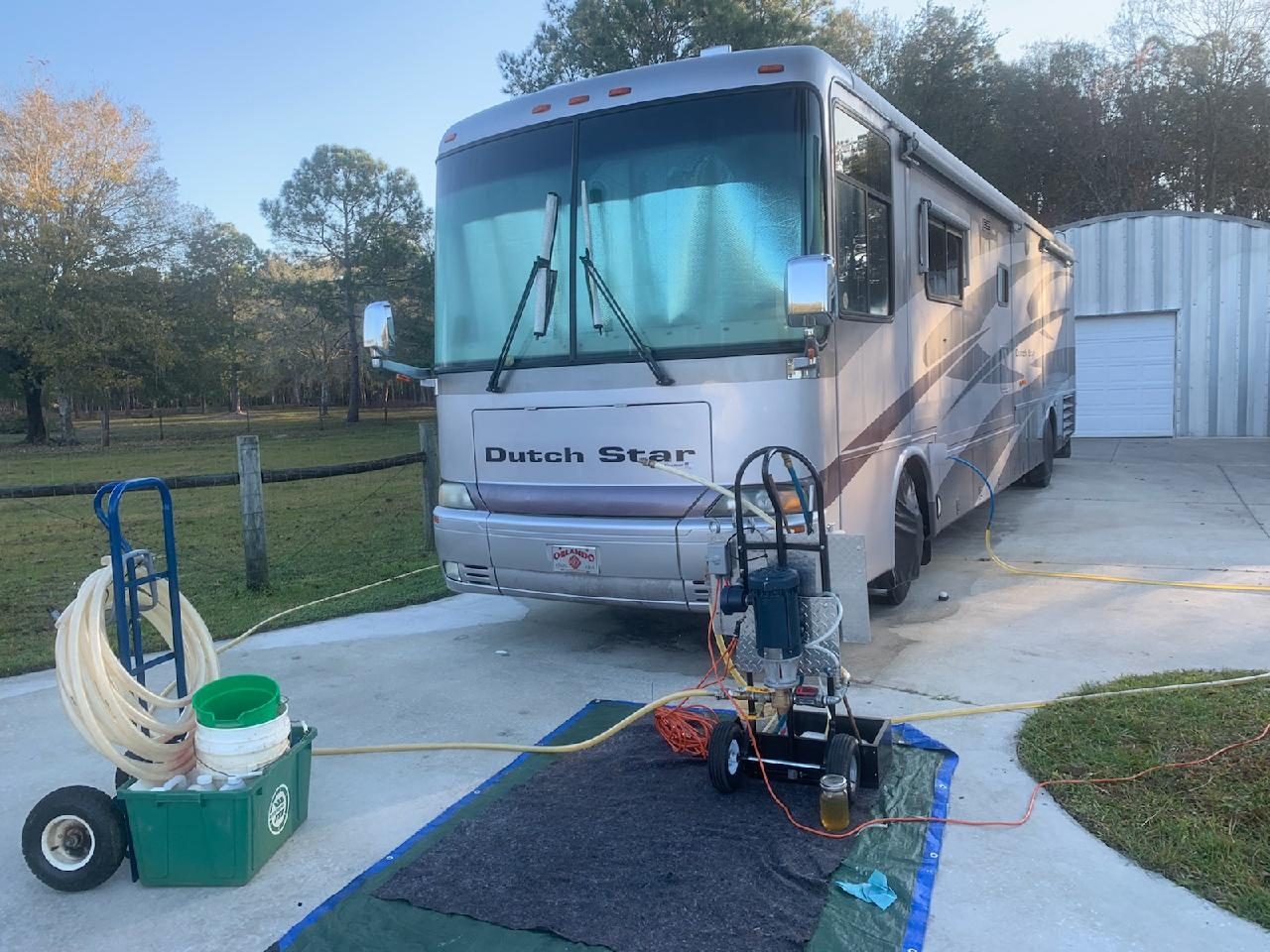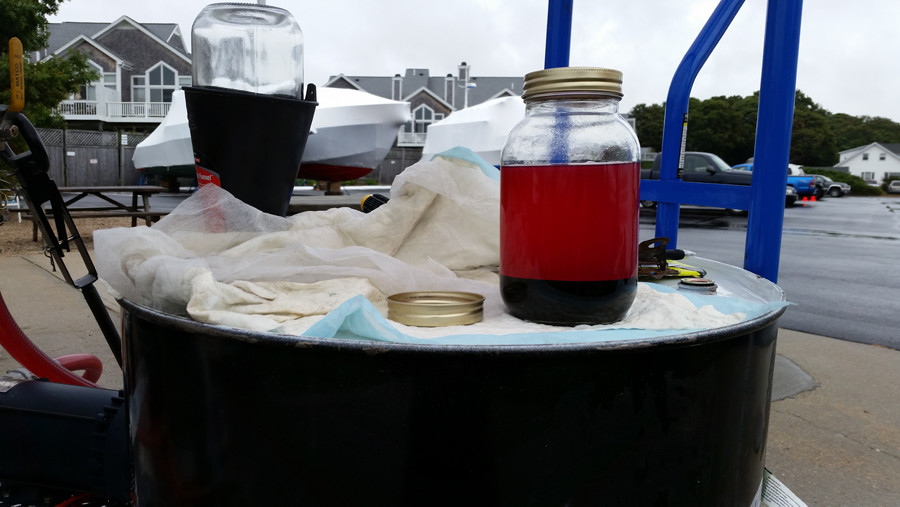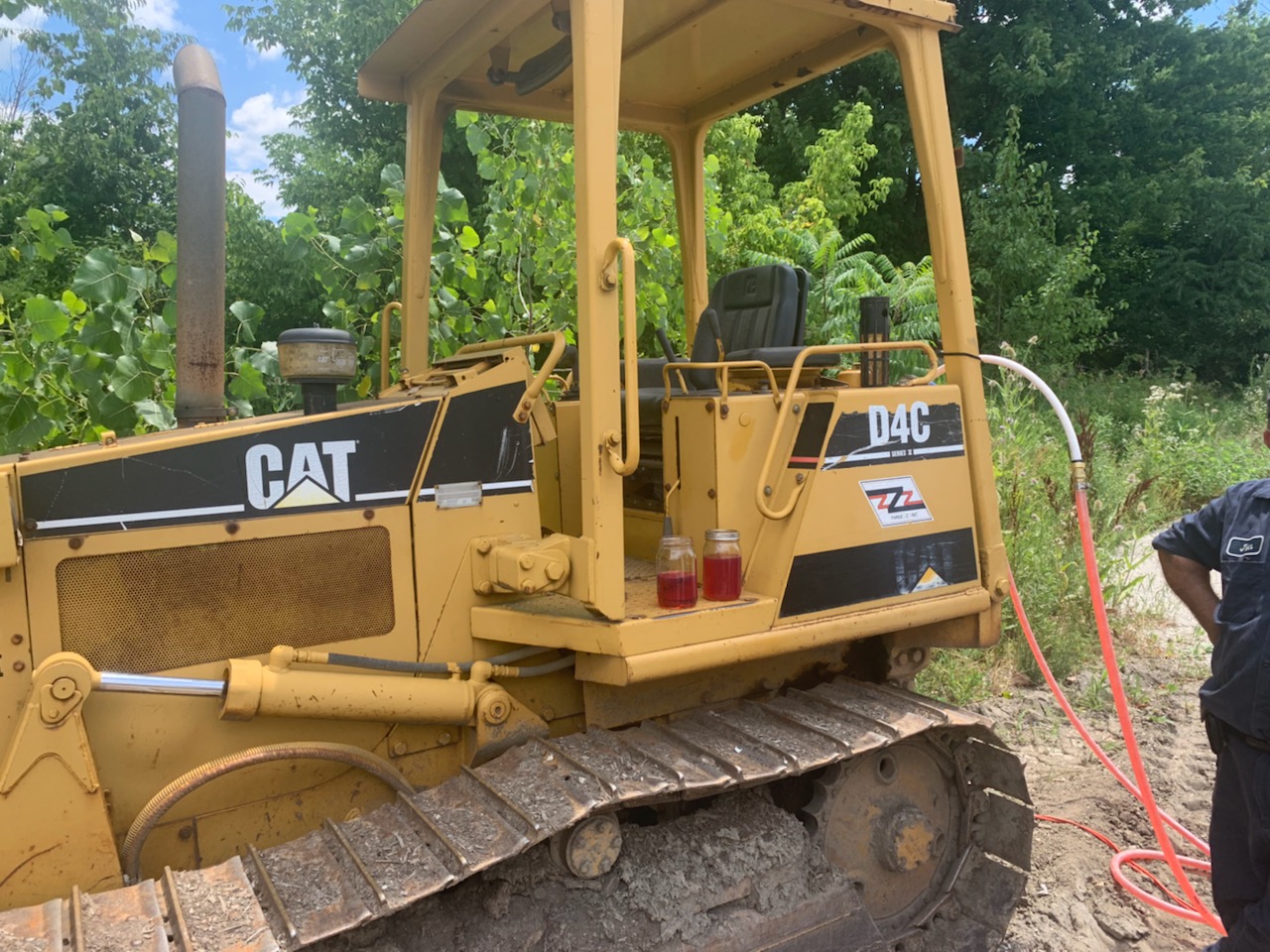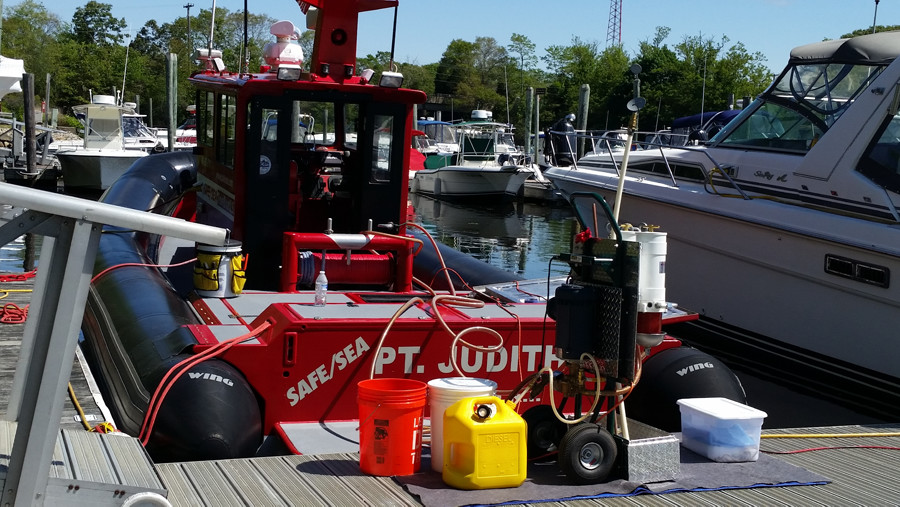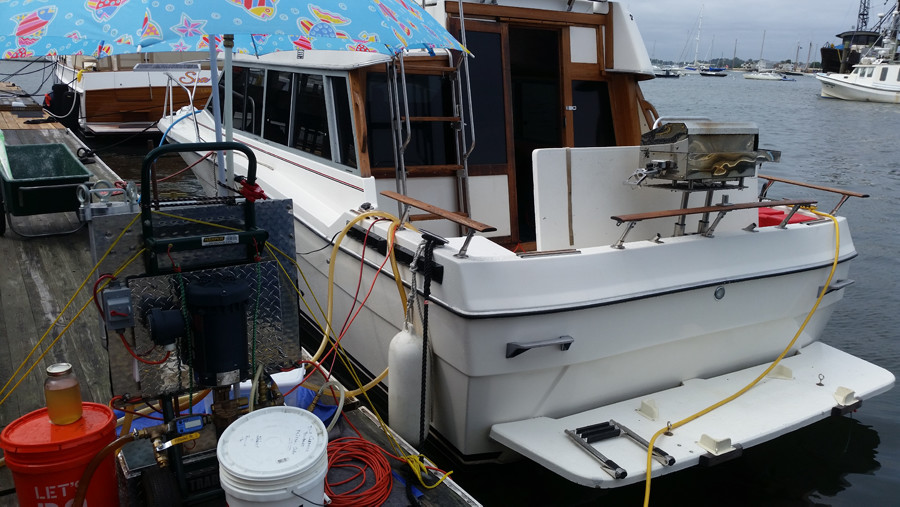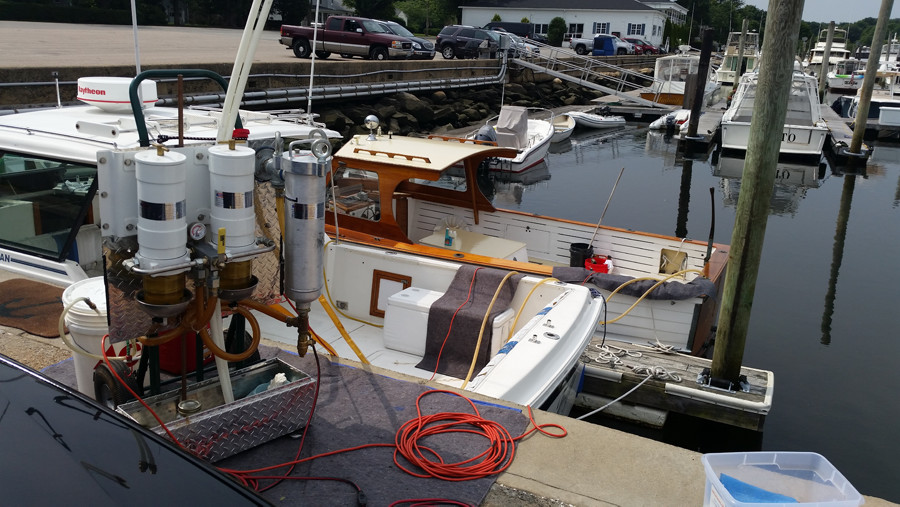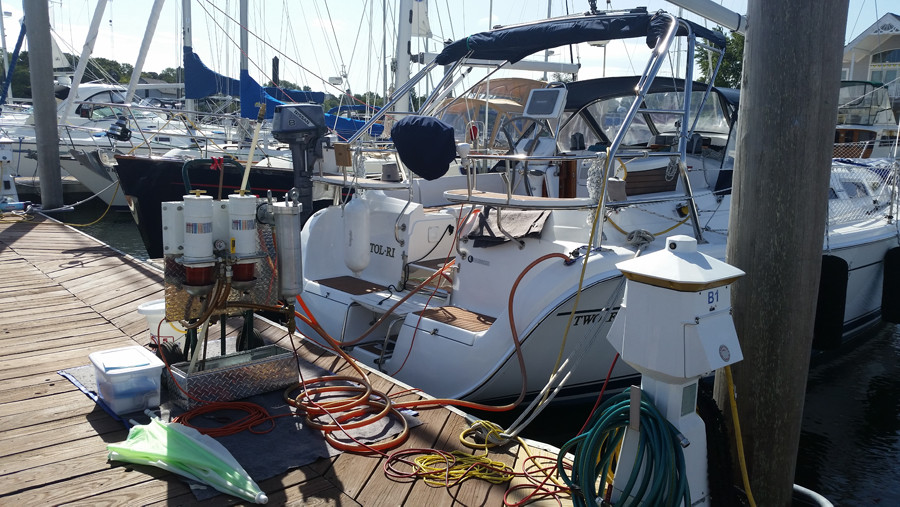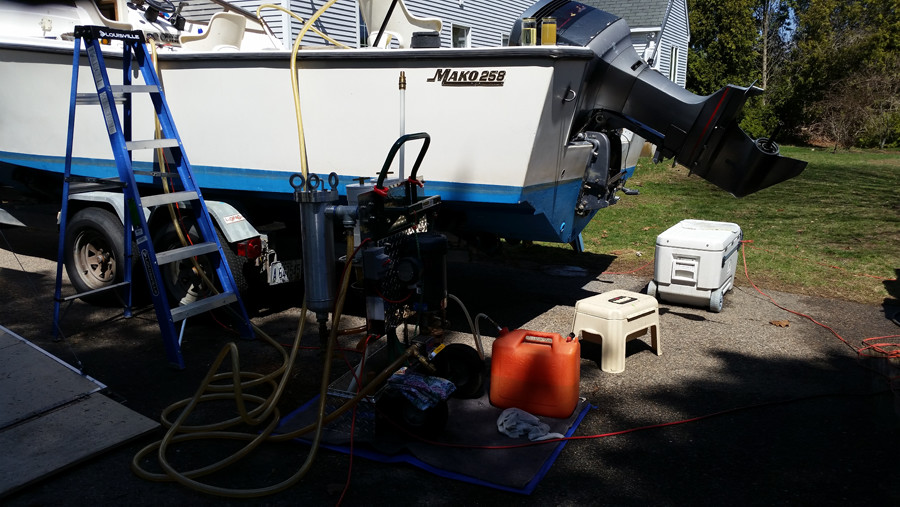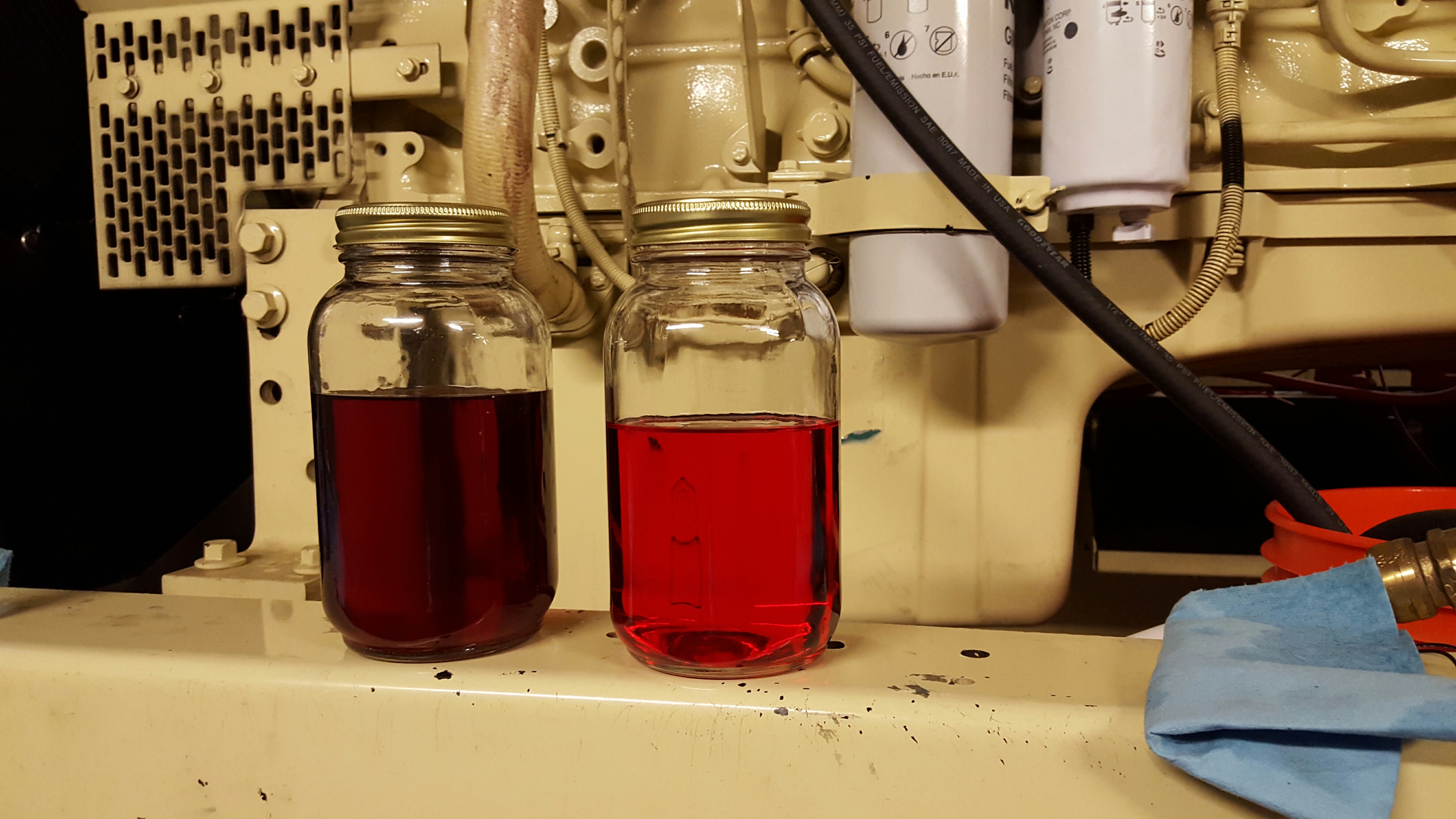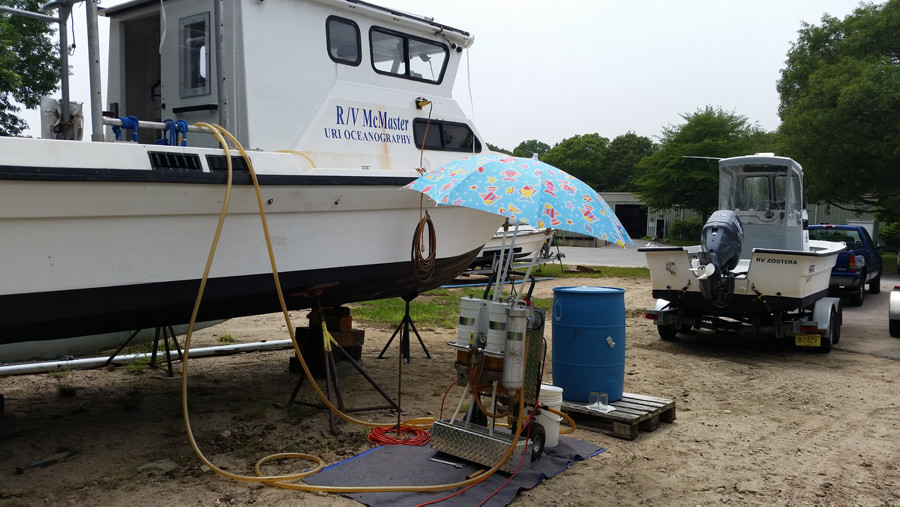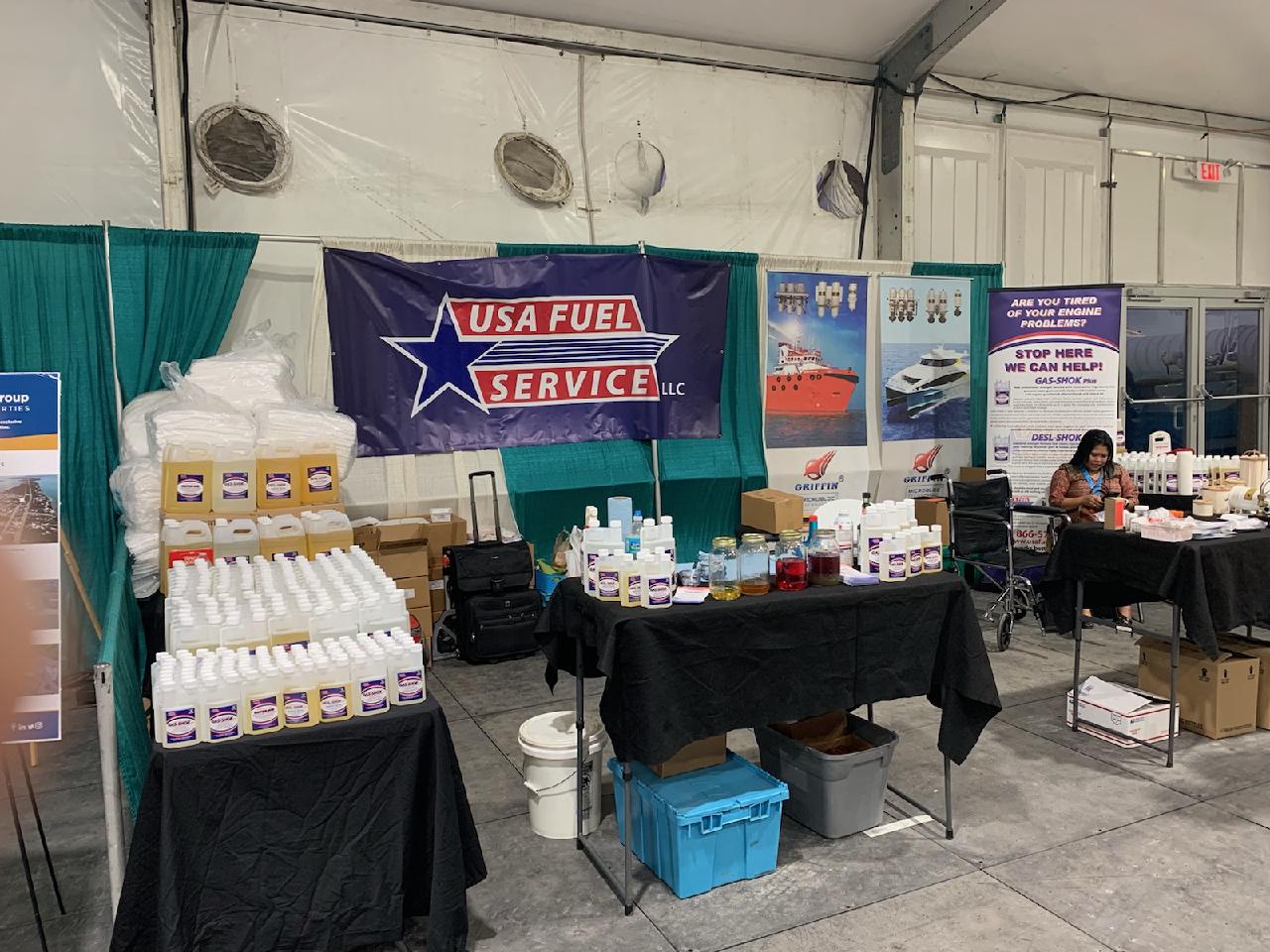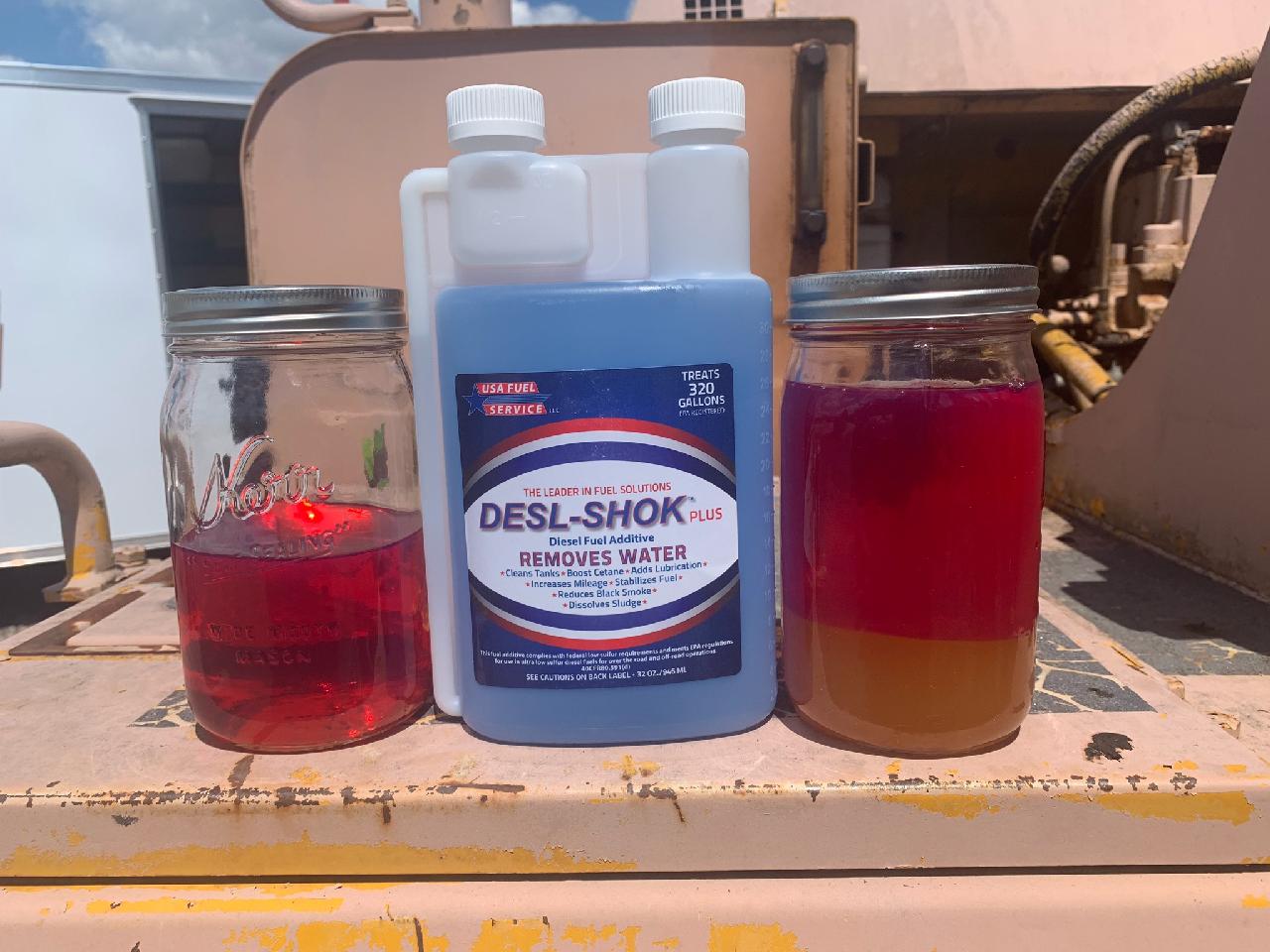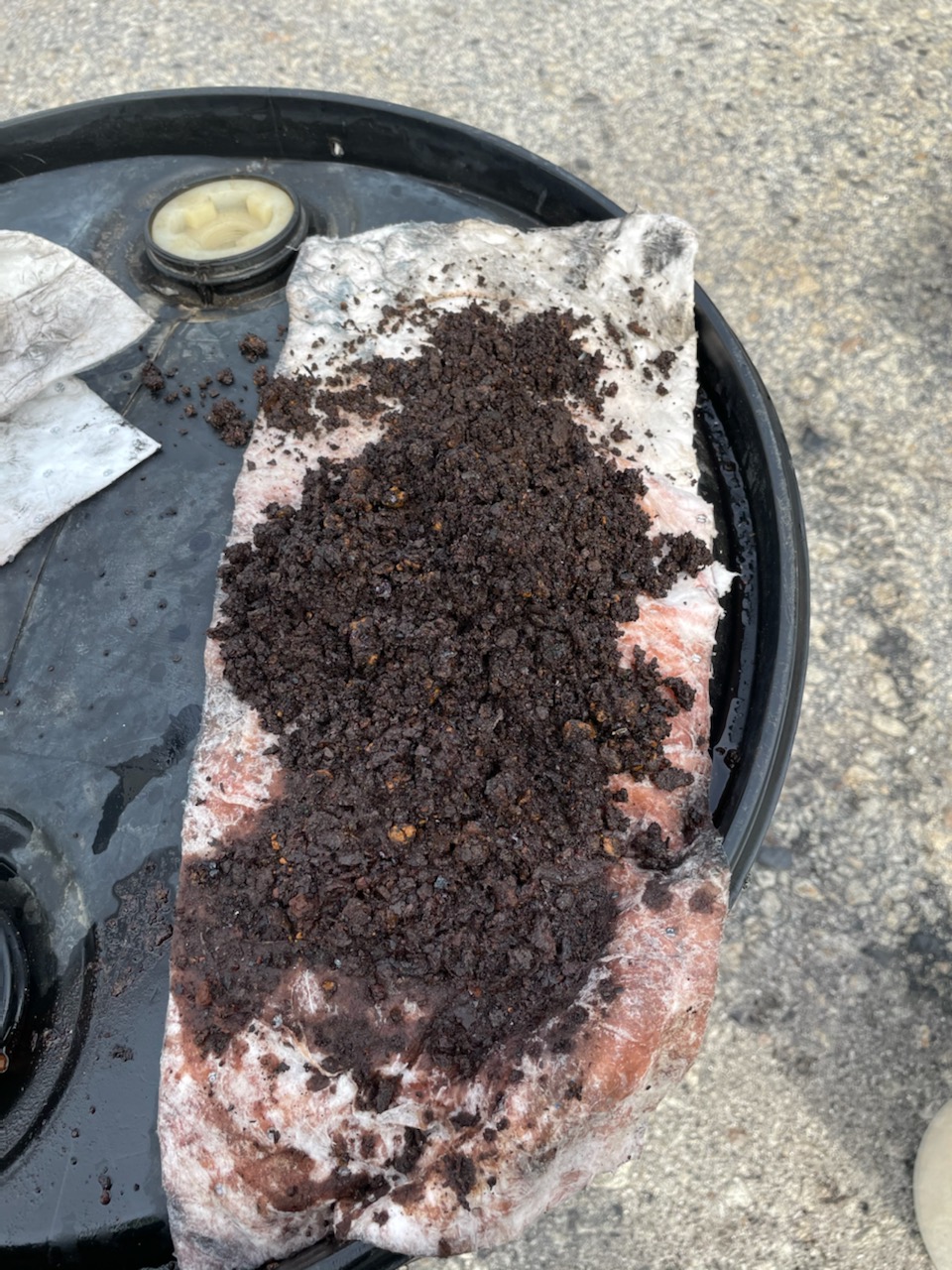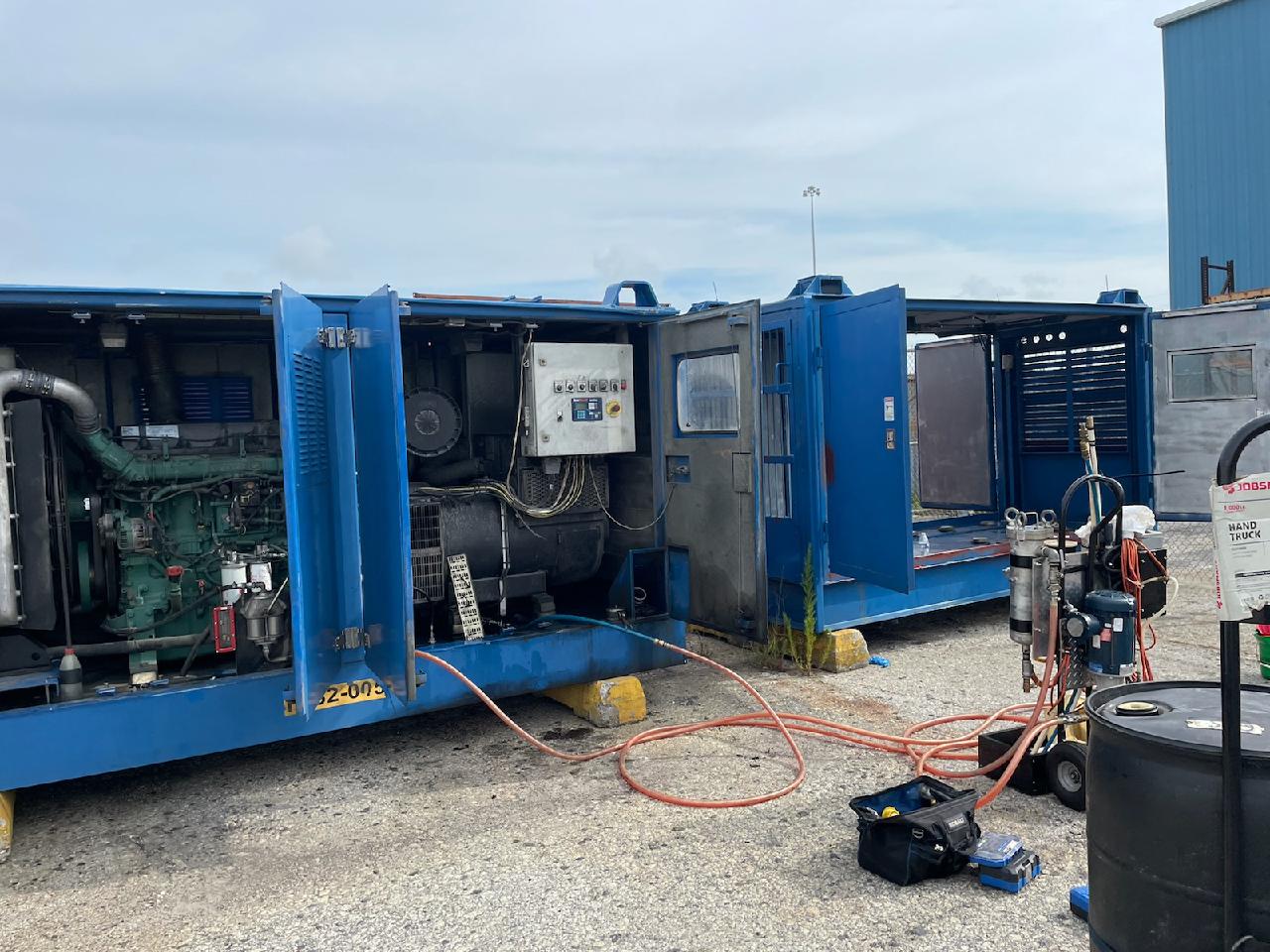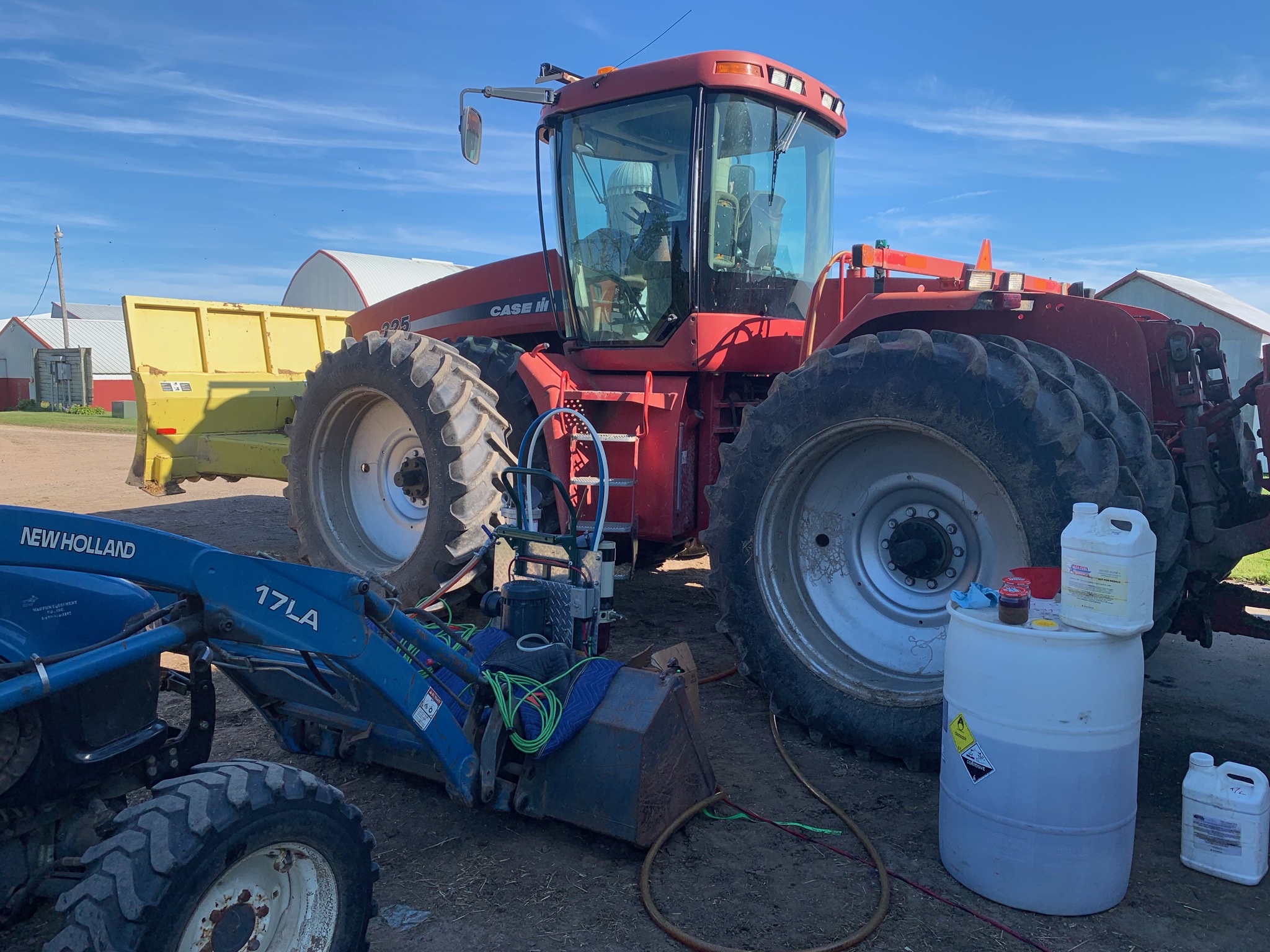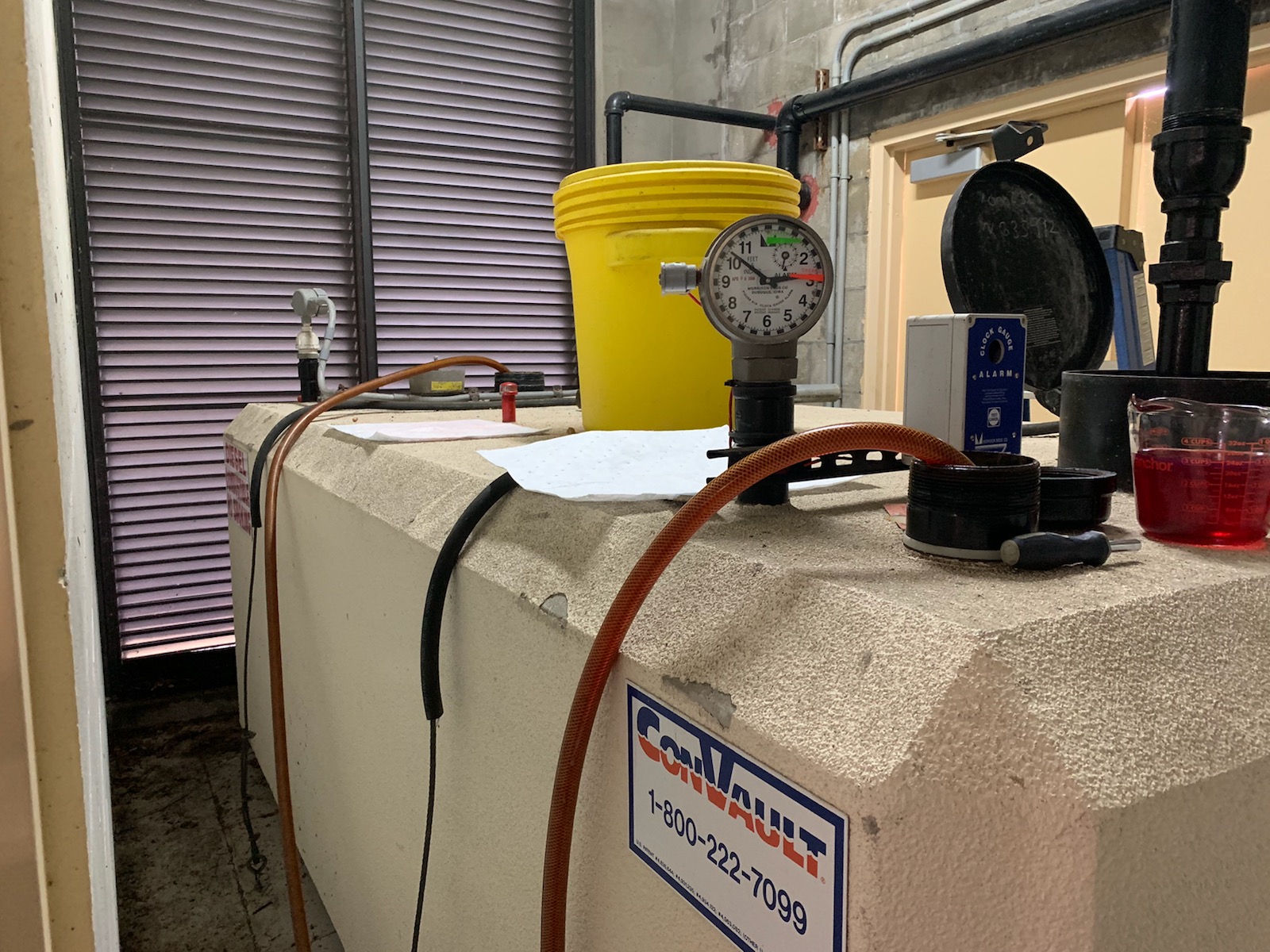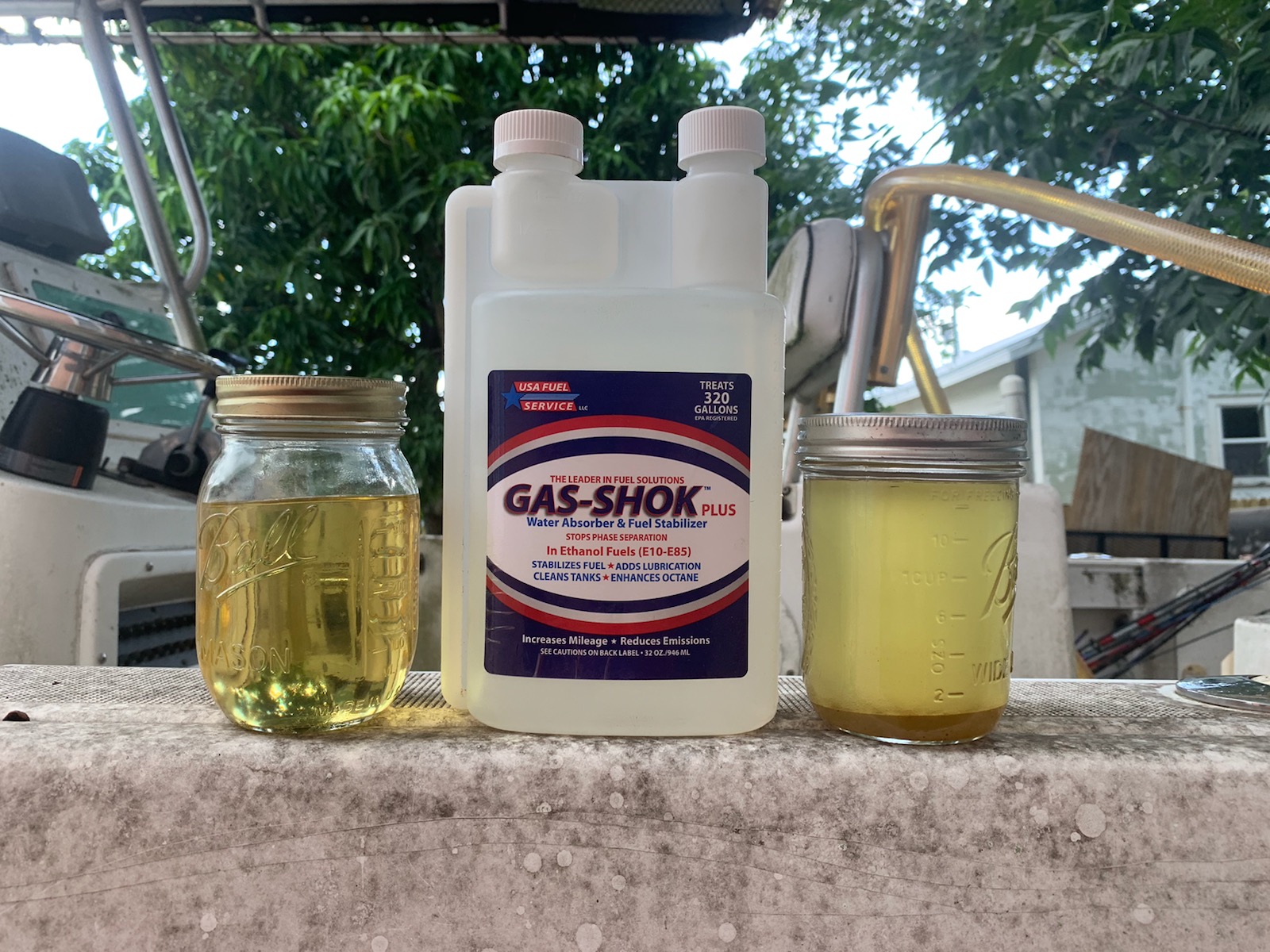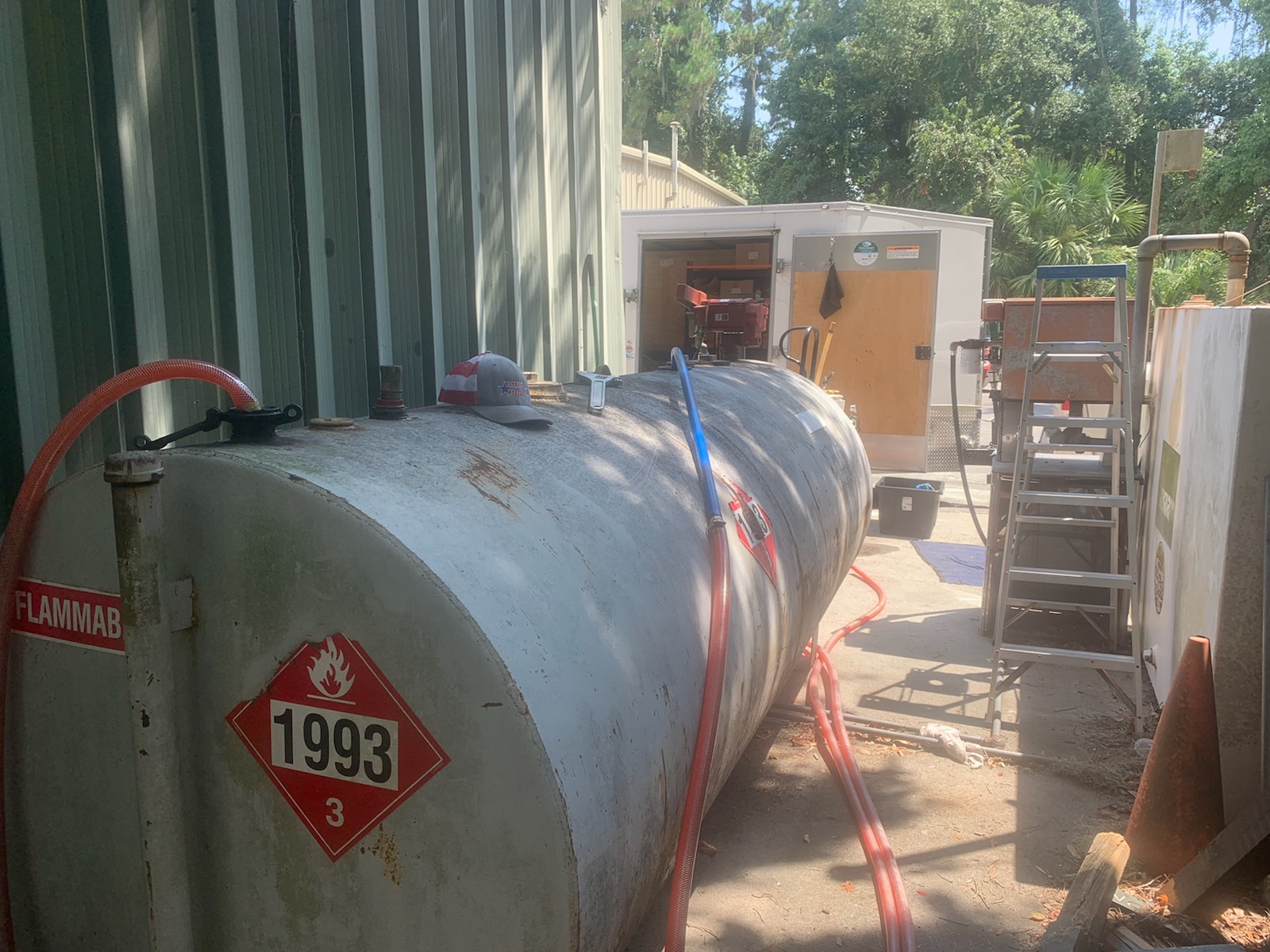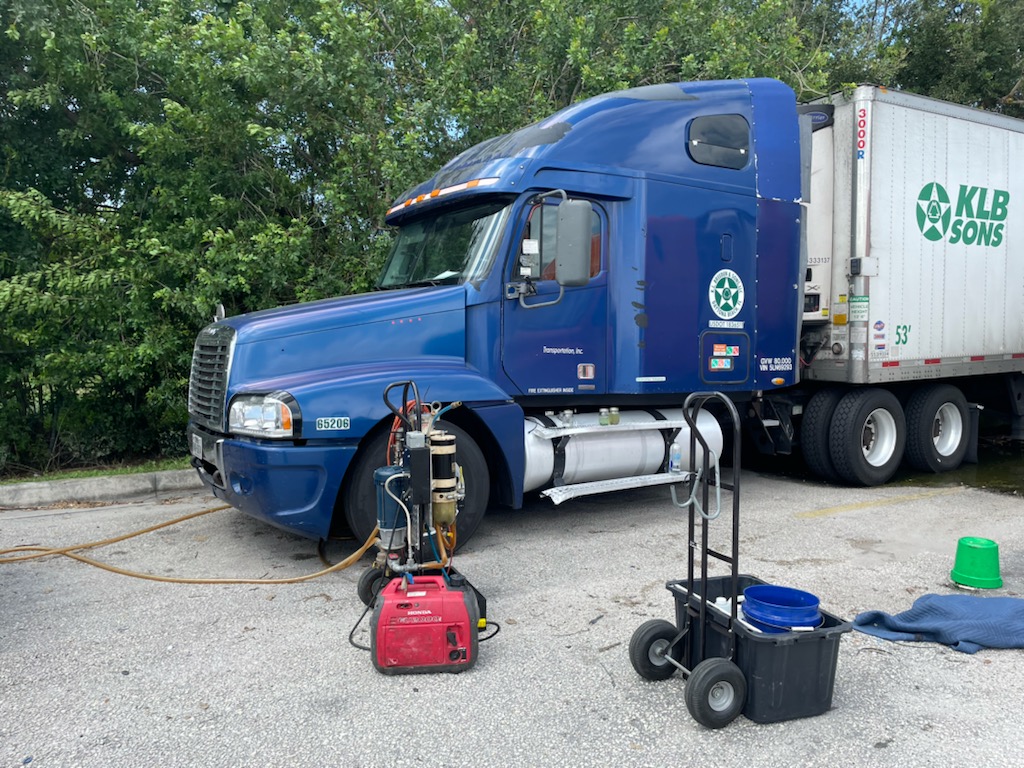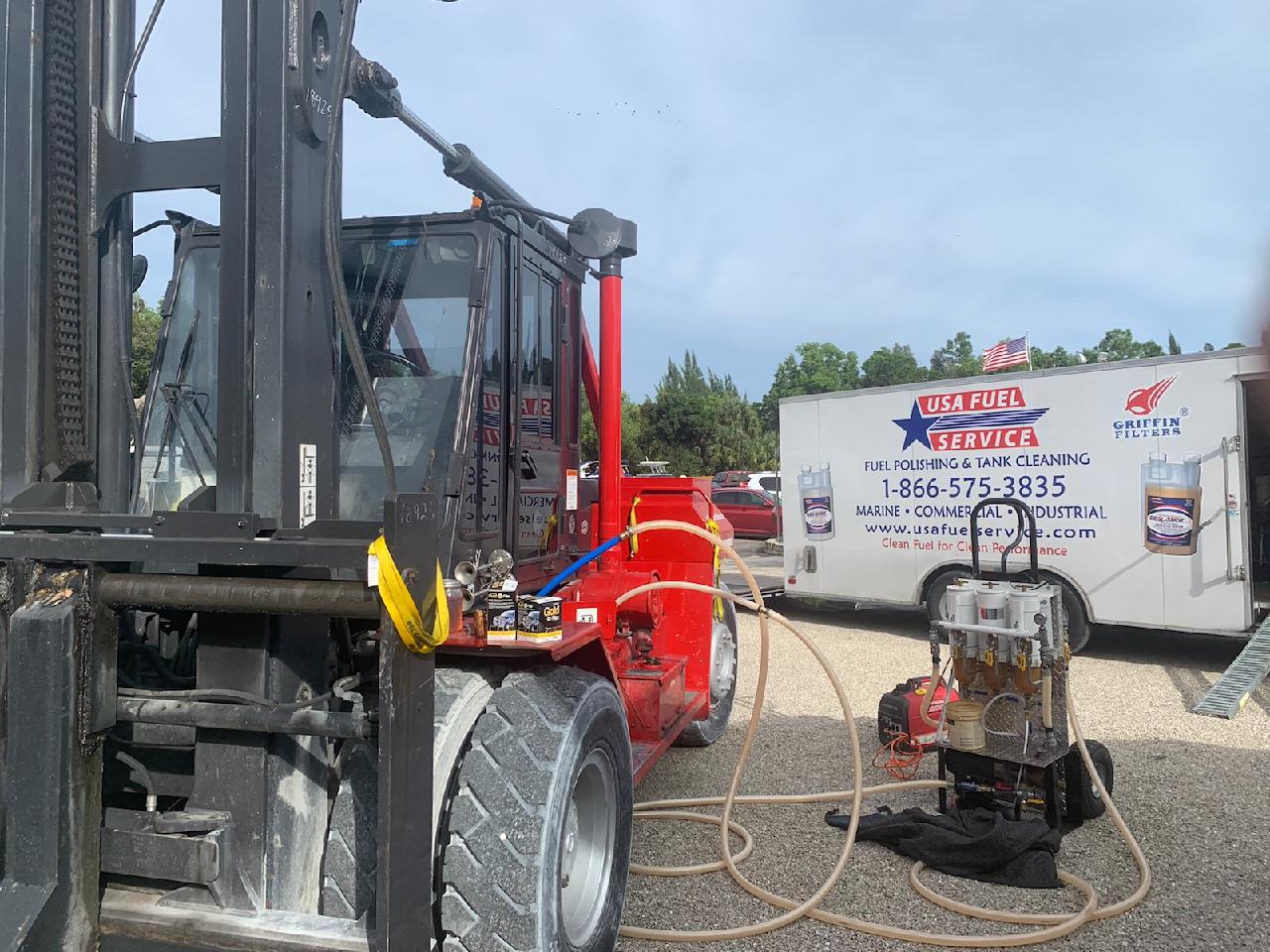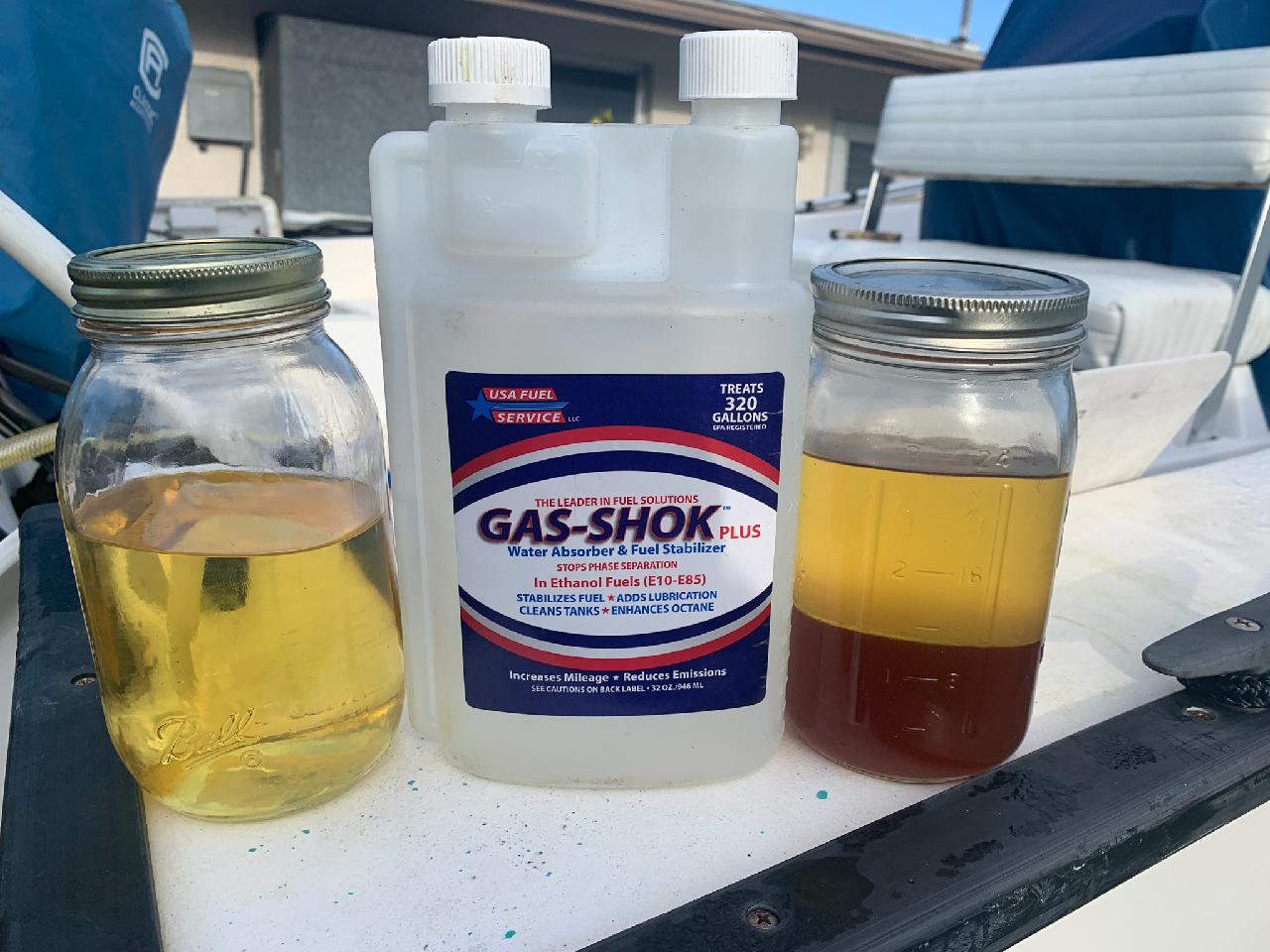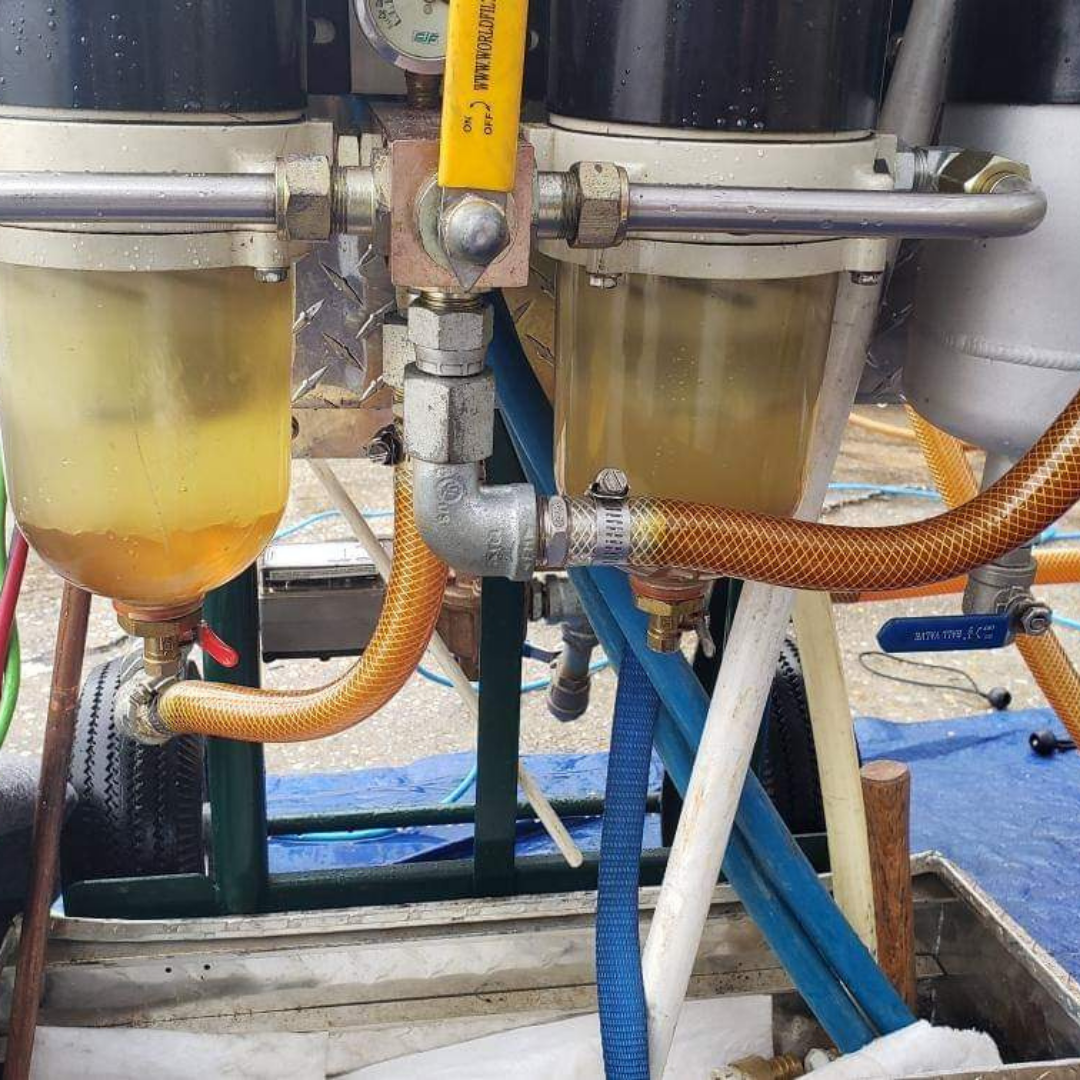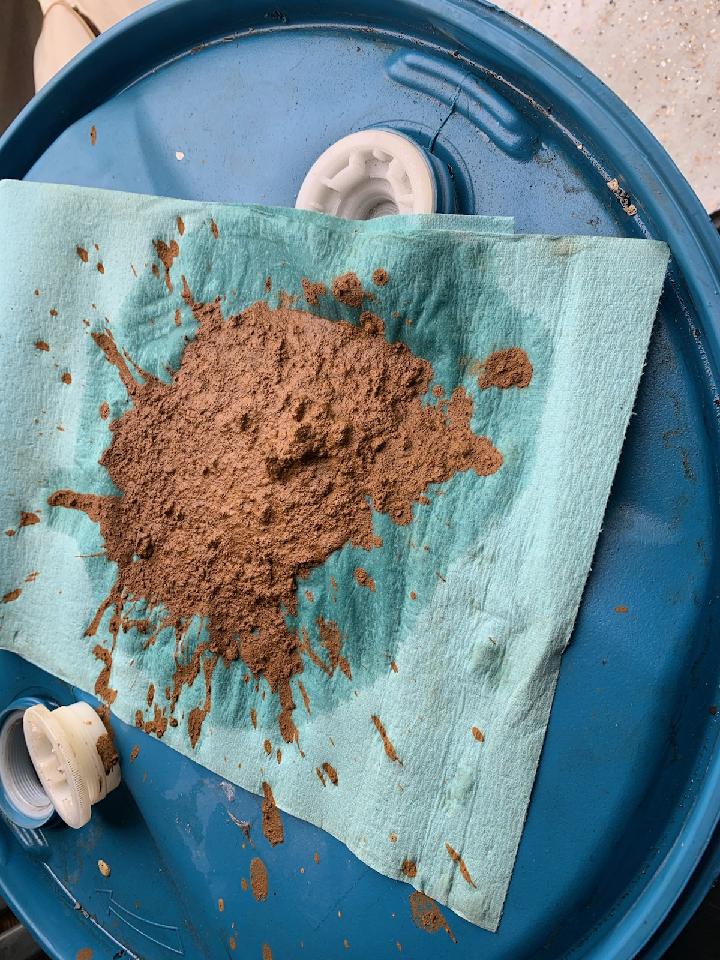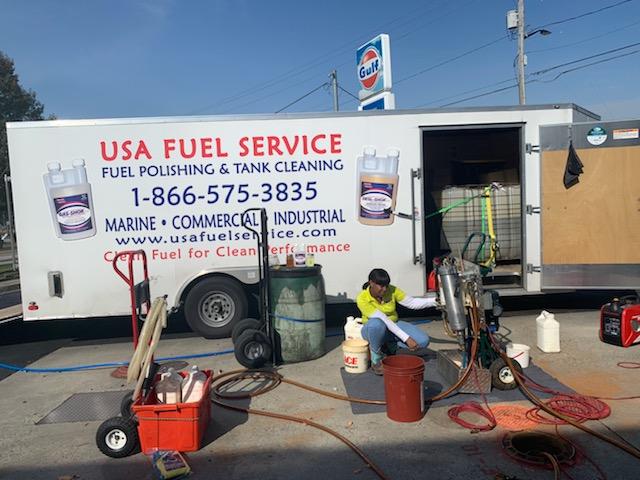There are hundreds of fuel additives on the national market, so how do you know which one works best and are not harmful in short term or long term use?
First, you should know a few facts and the history of fuel additives. A fuel additive is a blend of chemicals used to modify the makeup and/or improve the usability of gasoline or diesel. What most people don’t know is all fuels are a blend of chemicals and not simply one component. Therefore all fuels contain an additive package before they even reach the pump.
I am a retired “Blown-Fuel” drag boat racer/engine builder and I have blended and used fuel additives for more than 40-years. We produced additives to mix with gasoline and diesel that boosted a 454 CID gas engine from 450HP to 1200HP. Racers today are using advanced fuel additive blends to make 10,000+ HP with a 500 CID engine. You can watch them at boat and car drag races on television almost every weekend. I chuckle as I often hear people say, “I don’t believe in fuel additives, they don’t work”. That is usually because they purchased the least expensive one they could find. Don’t try to tell that to us racers. The skeptics simply don’t understand how fuels are produced or modified and how to buy one that is effective.
Aftermarket fuel additives have been around since Henry Ford. The old model “T” ran a lot better when he used a fuel additive. Check it on the internet; you will see that I am correct. However, I do agree that most aftermarket fuel additives you purchase don’t work as claimed. If you check their “Safety-Data-Sheet” (SDS) you will see that most are made up of low quality, ineffective or marginally effective ingredients so they can be sold at a low cost. I am baffled by the fact that anyone would risk damaging an engine that cost tens of thousands of dollars to save a few pennies or dollars. Quality cost more money with anything you buy.
There are a few factors to consider before you buy a fuel additive;
- You should not use a fuel additive that contains alcohol. Your engine manufacturer plainly states that using more than 10% (E-10) ethanol fuels will void your warranty. Well, if you buy regular pump gas with 10% ethanol and add an additive containing more alcohol you just voided your warranty. (The exception is Flex Fuel engines).
- More than 70% of all engine failures are water/fuel related. You should look for an additive that states it helps control water. However most of those use alcohol. (even those usually are not very effective)
- You want one that adds lubrication because our new reformulated fuels have less than the fuels of the past.
- You should also look for one that stabilizes the fuel to help slow degradation in stored fuels. Modern fuels are not nearly as stable as fuels use to be.
- A few of the premium additives also have combustion enhancers that help the fuel burn cleaner with less carbon/smoke. (Extremely important for four-stroke outboards)
You will usually have to buy two or three different brands/bottles of the less expensive additives to get all of these benefits and end up spending more money. The bottom line is look for a premium fuel additive that meets all the above criteria. Only a very few additives are effective in all categories, they will never be the lowest or medium priced additives on the shelf. Quality always costs little more but is less expensive in the end.
See our products page to see our state-of-the-art Gas and Diesel additives.
For more information about fuel additives see our “How fuel additives are made” page.
Article written by Tim Dutcher, www.usafuelservice.com © All rights reserved

